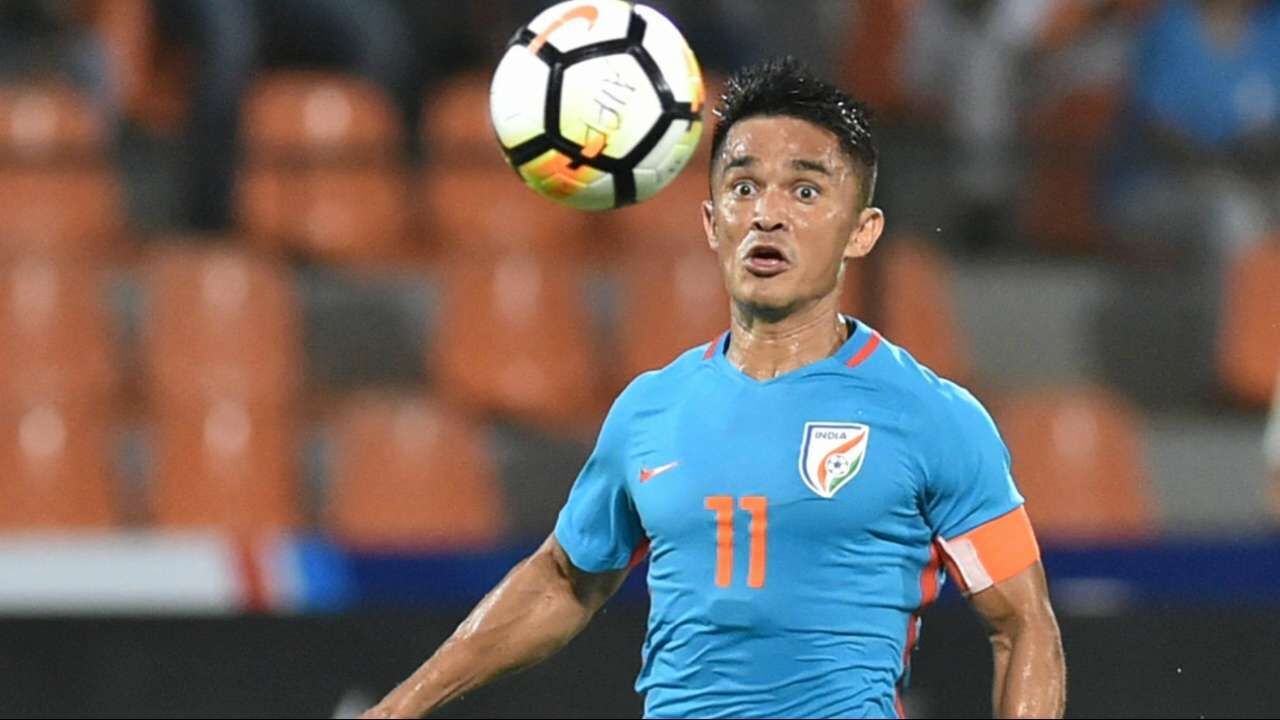State of chaos

FIFA's suspension of the All-India Football Federation (AIFF) in a crucial calendar year has left the entire football community of the country in a state of chaos. It has not just put India's participation in international events in limbo, but also appears to have jeopardised the prospects of domestic leagues. The most prominent threat, however, is the shadow of uncertainty it has cast over India's chance to host the U-17 Women's World Cup, which was supposed to be held from October 11-30 later this year. Citing Article 13 of FIFA Statutes, Secretary General Fatma Samoura, in her letter addressed to AIFF, stated that the federation is "no longer entitled to take part in the international competition until the suspension is lifted." The main ground cited for the suspension was "undue influence from third parties" — referring to the administration by the Supreme Court-appointed Committee of Administrators (CoA). While it is certainly an unfortunate event, it was not completely unanticipated. In fact, the FIFA ban on AIFF exposes the longstanding, uncured ills in the administration of Indian football. If we just stick to the current crisis, it has its root in the controversy surrounding the term of Praful Patel as the AIFF president. Patel managed to retain his chair two years beyond December 2020 — when the maximum permissible term of 12 years, allowed under Sports Code, had expired. The undue prolongation of his term came on account of pending cases in the Supreme Court regarding the constitution of AIFF. It was only in May this year that the Supreme Court relieved him of his responsibilities and appointed a CoA to administer the functioning of the AIFF and prepare a draft of constitution. Three months from then, there is no clarity yet on either the constitution or the election of AIFF. In the intervening period, a FIFA-AFC team held deliberations with the CoA. The team was reassured that the new constitution will be ratified by July 31 and elections for AIFF will be conducted by mid-September. However, as the CoA presented the draft constitution to the Supreme Court for approval, contentions began to surface. The state units of AIFF expressed their displeasure with certain provisions of the constitution — particularly over the 50-50 split in composition of electoral college for elections to Executive Committee between members of state associations and former players. The state associations of AIFF found the composition to be "discriminatory" but agreed to agree on a "middle ground" to avoid the FIFA ban. FIFA, however, had its ears on the matter and recommended on July 26 that the share of former players in electoral college be reduced to 25 per cent — pointing out that although the "players' voice needs to be heard, we are also of the view that the importance of the existing members of the AIFF should not be undermined." However, the Supreme Court, on August 3, agreed to CoA's 27-day election schedule, and went forth with an electoral college of 72 members split evenly between former players and members of state associations. Three days later, on August 6, FIFA warned India of taking away the rights of hosting the U-17 Women's World Cup. The matter became worse on August 13 when the returning officer Umesh Sinha rejected the nominations of Subrata Dutta and Larsing Ming who had already served their maximum permissible terms in the Executive Committee. FIFA, finally, on August 15, announced the suspension of AIFF. Meanwhile, on August 10, the CoA had moved the Supreme Court seeking contempt of court action against Praful Patel and others for "interfering with the administration of justice." If there was one word that could describe all these developments, right from the beginning, it would be "chaos". This mess is not just two years old; it has been continuing for a long time. Furthermore, the rifts and contentions are not limited till here. AIFF and Football Sports Development Limited (FSDL) appear to be locked in a battle for recognition of their respective leagues — I-League and Indian Super League — as the top league in the country. FSDL is reported to have expressed its discontent over the violation of the Master Rights Agreement (2010) — which grants it exclusive rights — through the proposed Constitution. Indian football has marked significant improvements under the coaching of Igor Stimac. It needs to be ensured that the gains are not undone. If Indian football has to make impressive improvements over a course of time, it will require no less than an administrative overhaul. For the time being, however, the most important thing is to bring the house back in order rapidly as, apart from the opportunity of hosting the U-17 Women's World Cup, there is a lot at stake.



